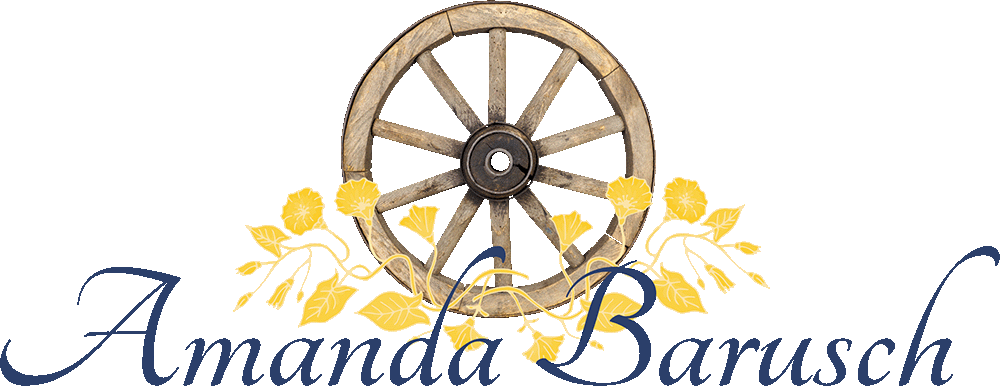Autoethnography: Notes at the Boundary Between Self and Society
The Ethnographic I: A methodological novel about autoethnography by Carolyn Ellis
Review
I took up this book as part of my ongoing struggle to force my creative and scholarly selves to cohabit the same turf. As a novel, it lacks punch. There’s death and drama, but no narrative arc. Ellis presents herself, the protagonist, as an accomplished, if sometimes puzzled, academic who is unreservedly devoted to her students. The character doesn’t ring true, possibly because it lacks Foucault’s “fundamental and originating contradiction.” But as an academic work the book succeeds beautifully. I found myself eagerly turning back and forth between text and notes, marking up margins and noting which references to track down next. I’m now in the process of tracking them down, and have found several gems in the process.
The narcissistic strain of autoethnography makes me squirm, even as I appreciate the presence of authors as multi-dimensional, less-than-perfect human beings. At the same time, the book offers a pointed critique of traditional social science as not just dull, but deliberately obscure. Ellis (and her husband, Art Bochner) suggest that the criteria some resaerchers cling to with such vigor serve to constrain and conceal. Researchers hide behind rituals and rules and, as a result “the literature,” as my students love to call it, is dull as bathwater. Ellis and her colleagues suggest that judicious use of fictional devices might produce a “literature” that is evocative, informative, and effective — an interesting claim worth further consideration.
Musing
Standing before the full-length mirror in my bedroom I am confused. This morning when I posed in my underwear I thought, “Not bad for 53. You go girl!” This evening it’s “How did you get so stocky so quickly? Cover that thing up now!” How can the same mirror present such contrasting images in the space of a single day? Isn’t anything true for more than 12 hours? This, I think, is the source of my mistrust of authobiography – my never-ending quest for eternal truths. When I let go of that, life becomes more interesting. I redefine what I mean by truth – I’m thinking it’s personal (it grabs ms), it’s relevant (to someone else) and it’s fluid (changing). Letting go of eternal truths enables me to ask what my judgmental response says about older women in our culture. It brings me to interface between personal and political, where feminist theory once resided. And this is what I like about autoethnography.
Auto-ethnography is quite seductive. It’s the ultimate post-modern research approach and you don’t even need Ethics (IRB) approval! Examine your life then use your knowledge of social theory, history, philosophy, and/or anthropology to reflect on what this means for you and others.
There are measures for assessing the quality of auto-ethnographic reports: resonance, validity, and narrative truth. Aha! Someone cares about truth! This would suggest that it’s not just navel-gazing. Then Allan Sparkes (2001)[or was it Carolyn Ellis, 1999?] offered more evocative criteria: “the use of systematic sociological introspection and emotional recall; the inclusion of the researcher’s vulnerable selves, emotions, body ad spirit; the production of evocative stories that create the effect of reality; the celebration of concrete experience and intimate detail; the examination of how human experience is endowed with meaning; a concern with moral, ethical, and political consequences; an encouragement of empathy; a focus on helping us know how to live and cope; the featuring of multiple voices and the repositioning of readers and “subjects” as co-participants in dialogue; [and] the search for a fusion between social sciences and literature…” (p 214)
Auto-ethnography combines personal and societal reflection, teasing forth the warp and the woof of our social fabric. Shifting our gaze back and forth from internal to external in a way that others can follow. I stuck my toe in with Love Stories of Later Life, and plan to dive in headfirst in my next book, Parenting Reflections. It’s a bit scary. Who wants to be accused of self-indulgence? But hey, “you gotta do what you gotta do.” And where did that come from?

